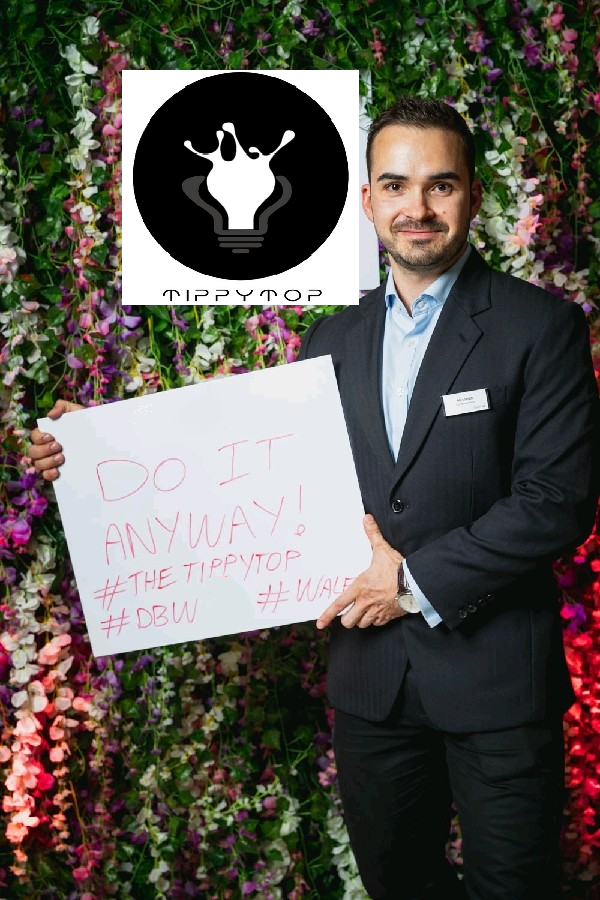
It’s that time of year when you might consider the habitual practice of writing down new year’s resolutions for 2020. Subliminally beating yourself up for not accomplishing many of 2019’s goals. Stop. Don’t engage in this self-sabotaging behaviour for a second longer. Try this instead:
Write down a list of things that worked well for you and things that did not.
Write down a list of things that worked well for you and things that did not.
It will help you focus on your strengths, cut out time-wasting activities and stop you creating random lists of things that are usually not achievable in 12 months. Worked well for me in 2019. Here’s my reflections:
Things That Worked Well:
Things That Did Not Work Well:
What’s on your lists?
Why It Works:
I started using this technique in 2017 but only learned why it works on leadership course I attended in 2019. The presenter suggested that most people will generally fail if they focus on having success because that ignores the process required to get there.
Let’s assume that a blogger considers success as having 1 million followers. The typical thought process goes like this: ‘If I have 1 million followers then I’ll do lots of blogs and posts on social media and then I’ll be considered an influential blogger.’ In summary: Have – Do – Be. It rarely works because the the focus is on followers which invariably grow slower than any expects. The blogger then becomes demotivated and writes fewer blogs and the downward spiral gains momentum.
Successful bloggers will all likely have followed this process: ‘If I mentally become an influential blogger by vehemently believing in myself and focusing on my passion then I’ll do lots of inspiring blog posts and eventually I’ll have lots of followers.' Be – Do – Have. It all starts with 'be' and works for everything from sports to relationships to business and careers. By focusing on your inner passion first and foremost, you maintain an internal locus of control. This means that all your energy comes from within and you don't need market validation to carry on.
That’s not to say it’s easy. It usually requires a change of behaviour which is no mean feat. However, success is by definition reserved for the few, not the many, so don’t ever wish things to become easier, just focus on becoming stronger and better.
Conclusion
Let’s be clear though. I’m not knocking anyone who writes down goals. It’s a good first step. In fact, I have lists of goals going back years. What I realised though is that the only ones I achieved were as a result of changing my existing behaviours first. Small changes like shifting a compass a couple of degrees but changes that fundamentally altered my course one/two/three years down the line.
What do you want to be?
Alex @ The Tippy Top Blog
Things That Worked Well:
- Investing time in creating content.
- Making exercise a non-negotiable part of my day, including weekends.
- Following my passion for helping entrepreneurs.
- Cutting out dairy - there’s just nothing good about it and no, I’m not vegan.
- More yoga including watching Adriene on YouTube if a studio wasn’t available.
Things That Did Not Work Well:
- Inaction and resulting anxiety about not working / writing.
- Worrying about things I couldn’t control or influence.
- Using coffee as a substitute for sleep.
- Allowing meetings to run overtime.
- Not conserving energy leading to near burnout.
What’s on your lists?
Why It Works:
I started using this technique in 2017 but only learned why it works on leadership course I attended in 2019. The presenter suggested that most people will generally fail if they focus on having success because that ignores the process required to get there.
Let’s assume that a blogger considers success as having 1 million followers. The typical thought process goes like this: ‘If I have 1 million followers then I’ll do lots of blogs and posts on social media and then I’ll be considered an influential blogger.’ In summary: Have – Do – Be. It rarely works because the the focus is on followers which invariably grow slower than any expects. The blogger then becomes demotivated and writes fewer blogs and the downward spiral gains momentum.
Successful bloggers will all likely have followed this process: ‘If I mentally become an influential blogger by vehemently believing in myself and focusing on my passion then I’ll do lots of inspiring blog posts and eventually I’ll have lots of followers.' Be – Do – Have. It all starts with 'be' and works for everything from sports to relationships to business and careers. By focusing on your inner passion first and foremost, you maintain an internal locus of control. This means that all your energy comes from within and you don't need market validation to carry on.
That’s not to say it’s easy. It usually requires a change of behaviour which is no mean feat. However, success is by definition reserved for the few, not the many, so don’t ever wish things to become easier, just focus on becoming stronger and better.
Conclusion
Let’s be clear though. I’m not knocking anyone who writes down goals. It’s a good first step. In fact, I have lists of goals going back years. What I realised though is that the only ones I achieved were as a result of changing my existing behaviours first. Small changes like shifting a compass a couple of degrees but changes that fundamentally altered my course one/two/three years down the line.
What do you want to be?
Alex @ The Tippy Top Blog



 RSS Feed
RSS Feed